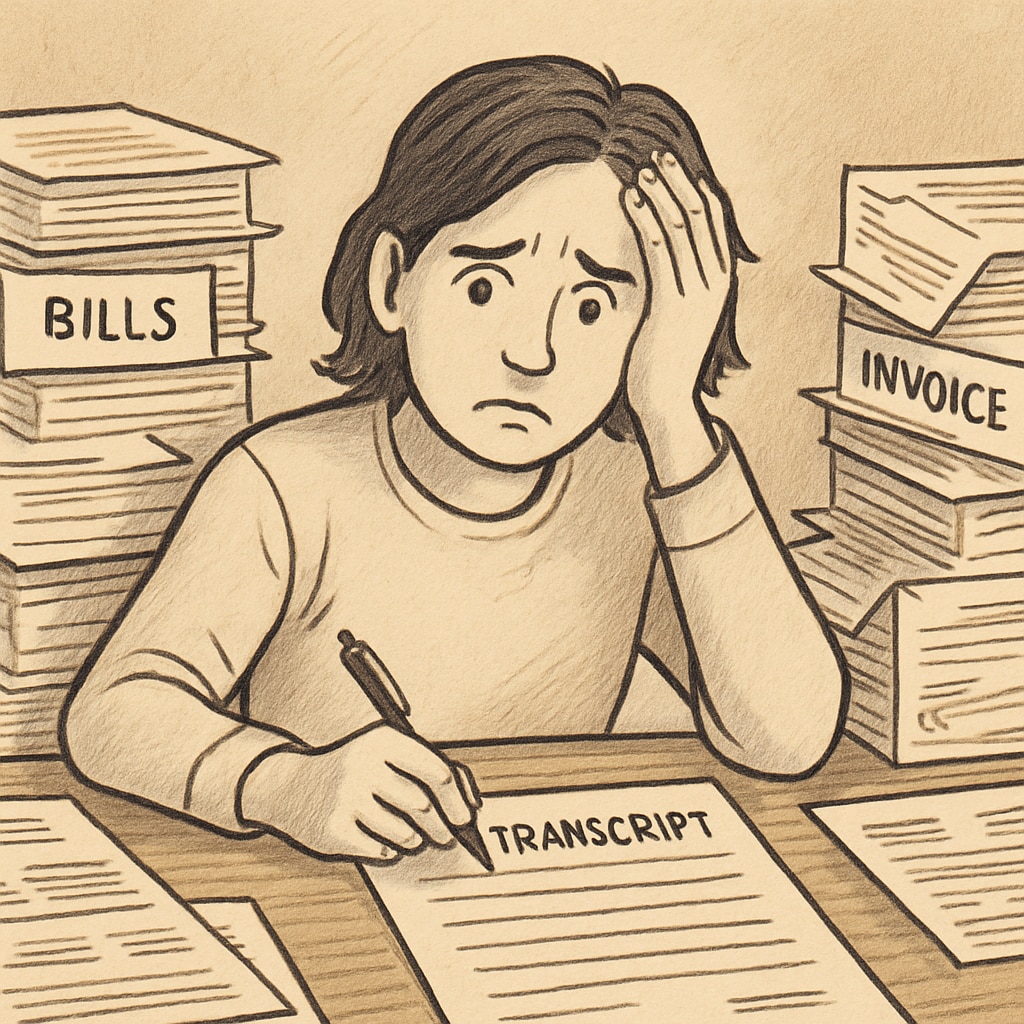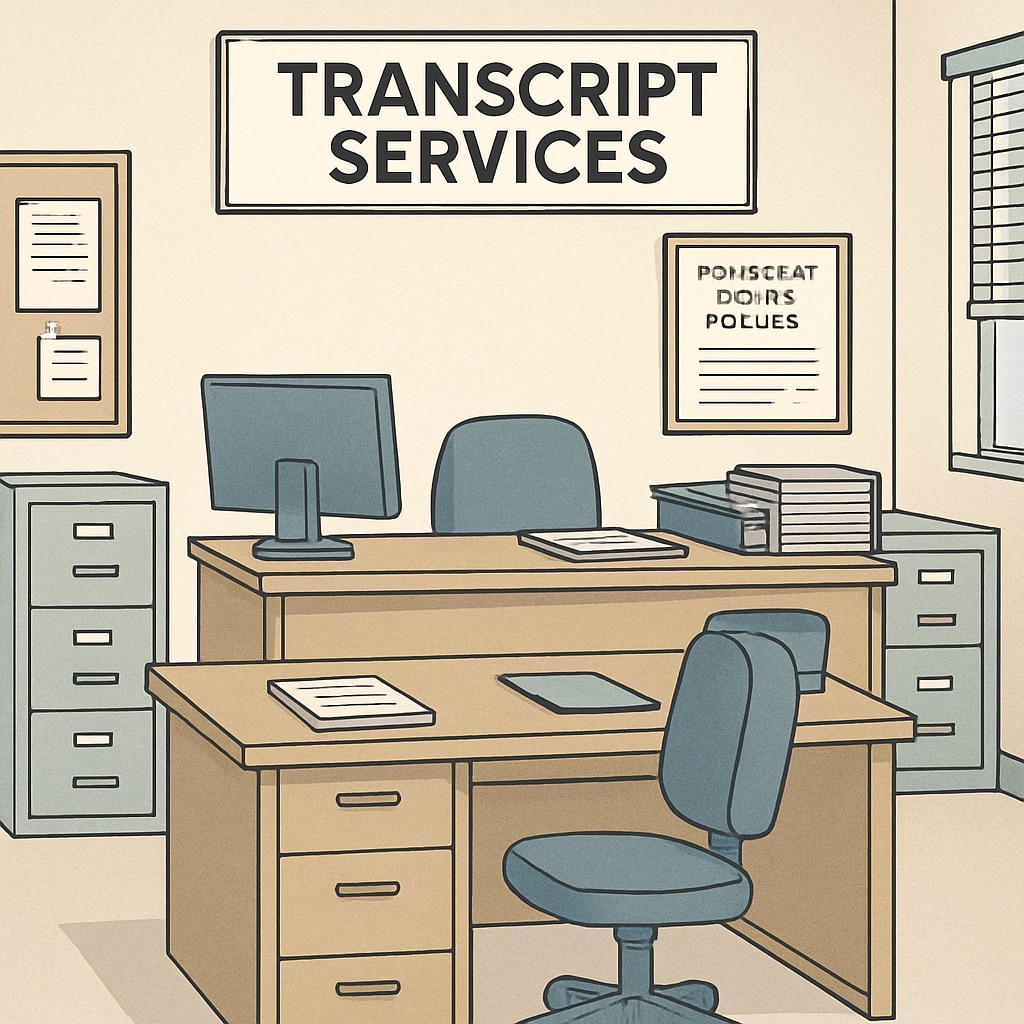In the realm of education, the intersection of financial obligations and student rights often sparks critical debates. Students facing economic hardships may encounter significant barriers when trying to access their transcripts, especially with unpaid balances looming over their accounts. This issue becomes even more pressing during pivotal moments, such as preparing for PRC (Professional Regulation Commission) exams, where transcripts are often essential. This article explores the policies of educational institutions, their impact on student development, and viable solutions to balance education fairness with financial management.
How Financial Barriers Impact Academic Progress
For many students, obtaining transcripts is more than a bureaucratic necessity; it is a step towards academic progression, job applications, or professional qualifications like PRC exams. However, institutions often enforce policies that restrict access to transcripts if outstanding balances remain unpaid. These measures, while aimed at financial accountability, can inadvertently hinder students from advancing their education or careers.
Research shows that such practices disproportionately affect students from low-income families, exacerbating existing inequalities. Without access to transcripts, students may face delays in applying for further education or challenging professional exams. As a result, the financial barrier becomes a roadblock not just to payment resolution but to long-term personal development.

Balancing Financial Policies with Education Fairness
Educational institutions understandably need mechanisms to ensure financial obligations are met. Tuition fees and other costs are vital for maintaining operations, paying staff, and providing resources. However, when these policies prevent students from accessing critical academic documents, the question arises: Is there a way to uphold financial policies without compromising student rights?
Potential solutions include:
- Offering payment plans that allow transcript access during partial repayment periods.
- Implementing non-punitive measures, such as waivers for students in severe financial distress.
- Collaborating with government bodies or non-profits to create funding programs for students facing extreme hardship.
These approaches can help institutions balance financial accountability with equitable access to education, ensuring that economic challenges do not permanently hinder student success.

Legal and Ethical Considerations in Transcript Access
From a legal perspective, policies restricting transcript access due to unpaid balances may vary by region. Some jurisdictions have enacted laws protecting students’ rights to access transcripts, regardless of financial status. For example, California passed legislation prohibiting the withholding of transcripts for unpaid fees, emphasizing education as a fundamental right.
Ethically, institutions must consider the broader implications of their policies. Restricting transcript access can lead to a cycle of financial and academic stagnation, where students are unable to progress without resolving debts, yet lack the means to resolve them due to restricted opportunities.
Advocacy groups and educational policymakers are increasingly urging institutions to adopt more student-centered approaches, recognizing that education fairness is a cornerstone of societal development.
Moving Forward: A Collaborative Approach
Addressing the challenges of transcript access amidst outstanding balances requires collaboration between educational institutions, governments, and community organizations. By adopting flexible policies and exploring alternative funding mechanisms, stakeholders can create pathways that support both financial accountability and student success.
Ultimately, education is a foundational pillar for individual and societal growth. Policies should reflect this value, ensuring that financial barriers do not permanently obstruct students’ aspirations and potential.
Readability guidance: This article uses structured headings, short paragraphs, and lists to enhance readability. Transitions like “however,” “in addition,” and “for example” ensure smooth flow, while academic terminology is defined contextually. Long sentences and passive voice are minimized for clarity.


